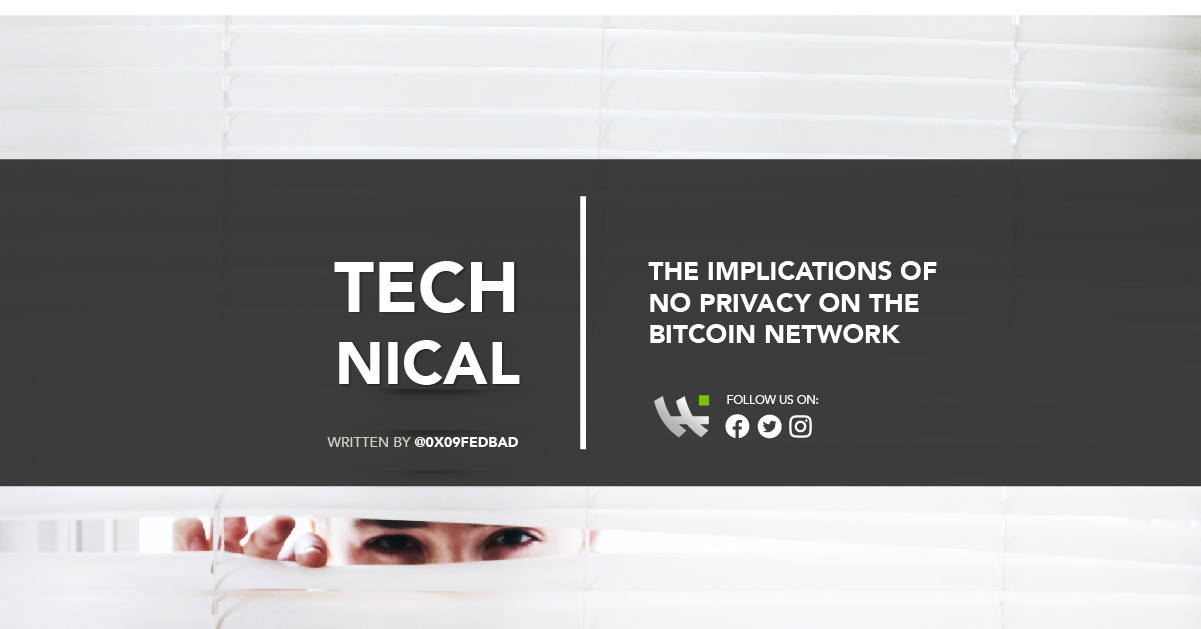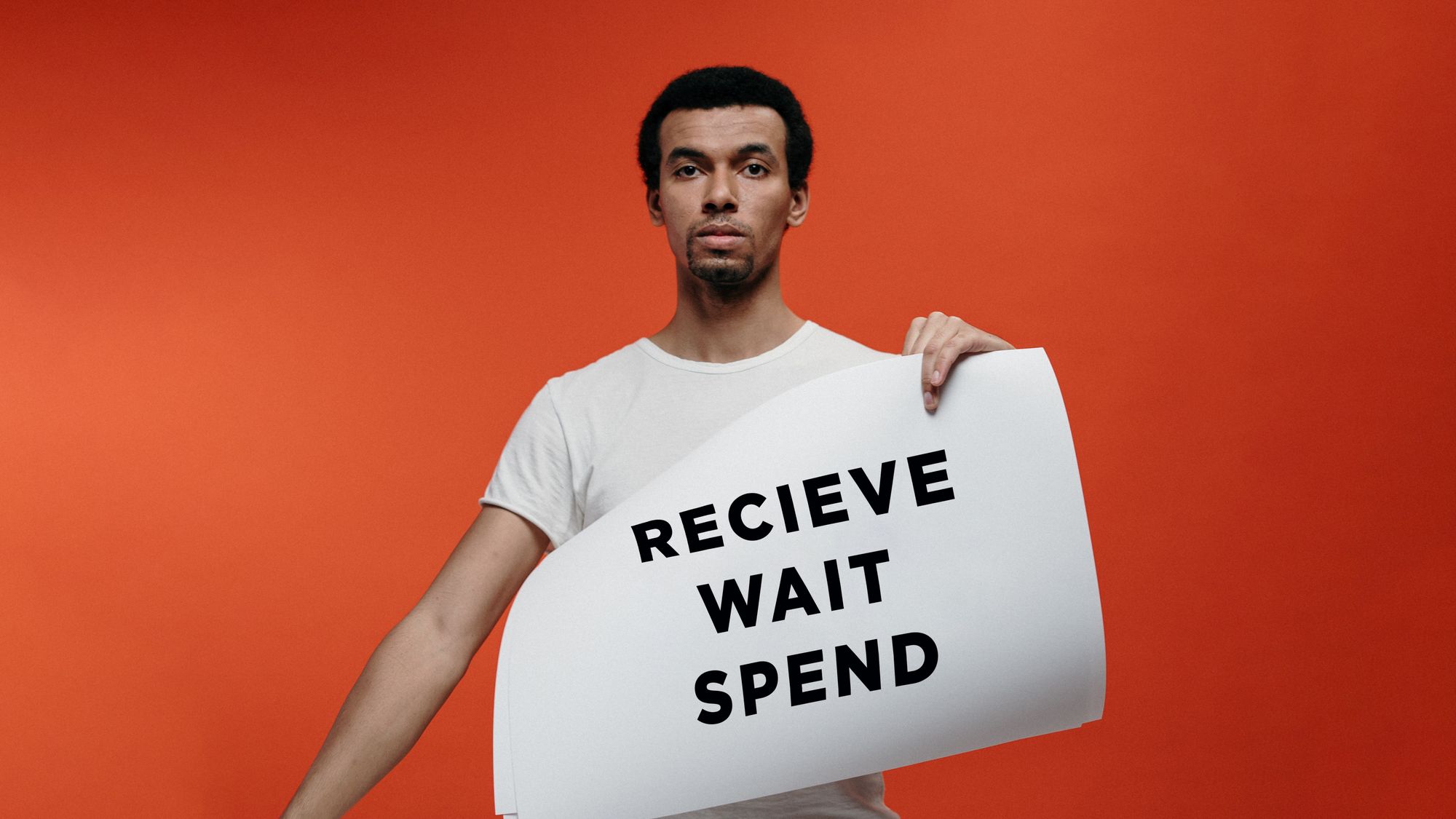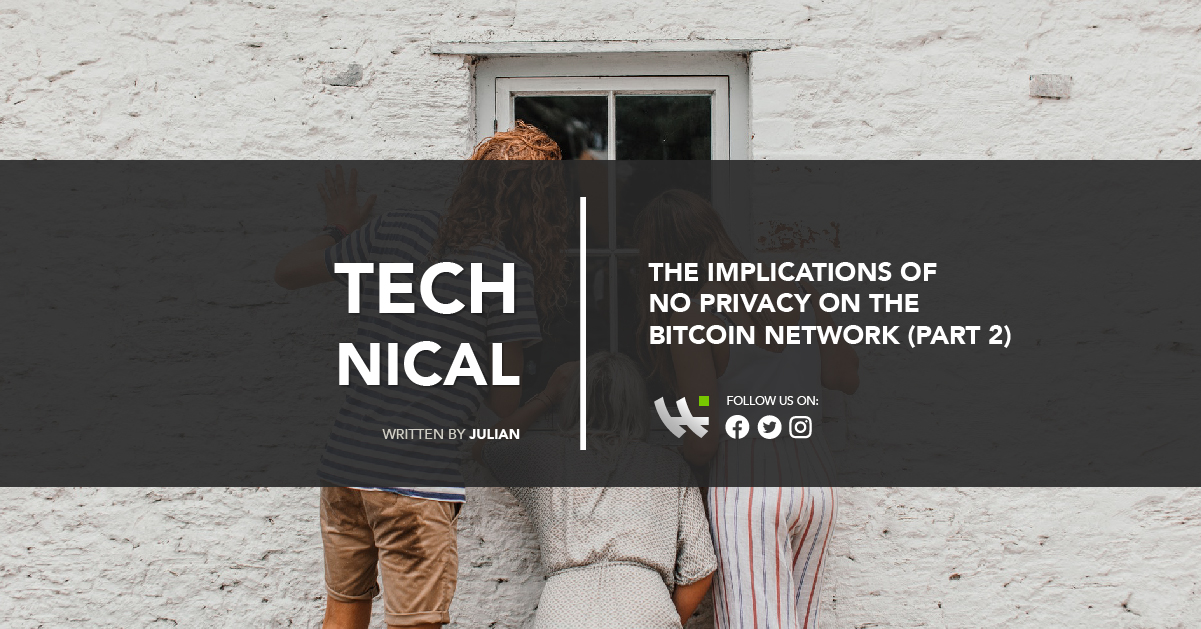A battle is being waged for the future of Bitcoin network privacy. The entrenched power players have the money, the mining machines, and the media. We the people have only creativity, collaboration and communication. There is a limited amount of time before the public utility borne of Satoshi’s vision is quashed by the centralization of power and wealth within and around the Bitcoin ecosystem.
The only defense to this future blockchain lockdown – the only way to prevent regulatory capture of Bitcoin – is CoinJoin technology. Coinjoin transactions prevent the “certainty of past ownership” custody chain that would otherwise be used to prevent “bad” coins from interacting in the walled corporate gardens. Currently, Wasabi Wallet is at the forefront of CoinJoin, but the code is open source and all global citizens are encouraged to contribute to the fight for Bitcoin Privacy.
A VanGogh by itself is a pretty picture, but when it is not accompanied by a “provenance” document that lists every owner since its creation, it is much less valuable. Without this chain of custody, how can the new owner know that this canvas is untainted by thievery?
We know that not all bitcoin is equal in the eyes of the establishment and that they have the tools to differentiate between different coin sources. Blacklisted Bitcoin already exists – try depositing any of the BTC taken in a famous hack (such as the one on Mt. Gox in 2014) to an exchange and not only will the coins be confiscated, the FBI and Interpol will be knocking down your door.
I believe it is only a matter of time before those with “good coins” begin a push for a world where whitelisting bitcoin is the norm “for your safety”. Those with wealth will inevitably attempt to concentrate it and what better way to do that than to lower the number of coins in circulation? If the total number of Bitcoin to ever be created is 21 million, it is even more valuable if there were to be only 10 million “valid, safe” Bitcoin.
Already, large corporations who wish to purchase Bitcoin are encouraged by miners to buy their “freshly minted, untainted” coins via a direct private transfer. Corporate legal departments want to have a custody chain going back to the original “coinbase” transaction that initially spawned the bitcoins for liability purposes. That’s fine for them but if they insist that everyone else do the same, Bitcoin becomes much less usable and much less friendly to small actors who cannot line up to the exclusive “Over the Counter” market set up by mining teams.
In an environment where only Bitcoins “with provenance” are valued by banks and exchanges, users who hold “invalidated” coins will be stuck with a currency they are no longer able to easily trade for another. All non-sanctioned coins will be assumed to be the profits of illegal activity. Honest cryptocurrency investors will be labelled as criminals and their wealth effectively confiscated by the existing old-world financial system.
This may seem far-fetched but it is not. Such a wealth redistribution will be done with the spin that it is “for our protection”. The Economist cover will read “Cleaning up Bitcoin’s Messy Past”.
There exists a future where any “bitcoin without papers” is nearly worthless, the way an unknown Rembrandt might be dismissed as worth only the canvas it was painted on. All it would take to turn this into reality is planting enough poison into the public consciousness. This is reminiscent of the old James Bond film in which the villain, Goldfinger, realized that to increase the value of his own gold stockpiles he didn’t need to steal the gold at Ft. Knox – all he had to do was contaminate it with radiation.
Without the concerted effort of millions of users actively caring about their privacy, the Bitcoin ecosystem is in deep trouble. The good news is that you can help, right now. First, we need to educate others about the issue itself. Then we can empower them to use the tools such as Wasabi Wallet that allow them to stand up for their rights. Talk to your friends and family today!








